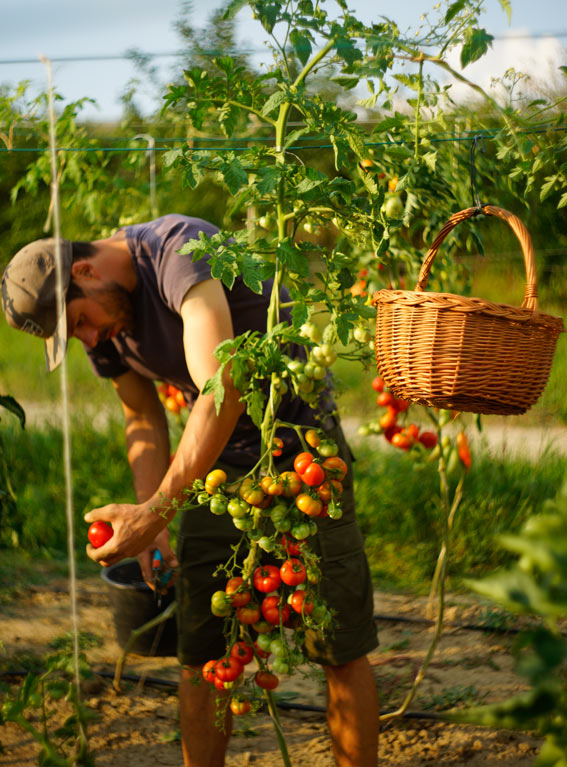Social farming in Hungary

The social farm system in Hungary is still in its infancy. The first social farms started to appear after 2000. In 2003, a government program was initiated to support the establishment of farms which provided support to autistic patients and their families, which resulted the formation of about 15 manors with autism-specific services and employment programs. As the financial resources diminished, the growth and development of such autistic manors stagnated. Between 2005 and 2015, several social farm initiatives were launched independently from each other with various focus target communities (e.g. programs for unemployed Roma people; for schoolchildren, for disabled people with agricultural production, processing and eco-tourism activities). The main problem is that social farms are not legally recognised in Hungary. Nevertheless there are certain in-depth studies that describe in detail the operating principles, objectives, target audience, benefits, and good practices transferred from western and northern countries. Hungary still faces difficulties and challenges stemming from the fact that social farming started only recently: e.g. the detailed and concrete legal regulations of social farms are still missing; even though Hungarian government lately recognized the potentials of social farms, there is no comprehensive strategy related to social farms and administrative obstacles are still present; there are no proper trainings and/or curriculum dealing with social farming that would prepare future farmers for working with disadvantaged groups. In order to promote the social function of agriculture and at the same time the independence of disadvantaged people, the Hungarian legislation needs to be finalized. Currently the legislative definition of social farming is missing and the social service provided by social farms is not yet recognized. Furthermore the small producers’ community of rehabilitation farms as legal entity is not yet recognized, the land use of rehabilitation farm communities is not yet defined and the sale of their agriculture produce is restricted.
Number of social farms: Currently 30 social farms operate in Hungary.
Clients: A number of social farms work with disabled people, or with low-educated people, but there are also farms running educational projects (for schoolchildren)/animal-assisted therapy (mainly therapeutic riding).
Care farm blog: https://carefarm.blog.hu/
This blog is run by two experts who after their study tour in Norway started to publish besides theoretical and practical materials about care/social farms information about international and domestic initiatives in this field.
Website: http://szocialisfarm.hu/

